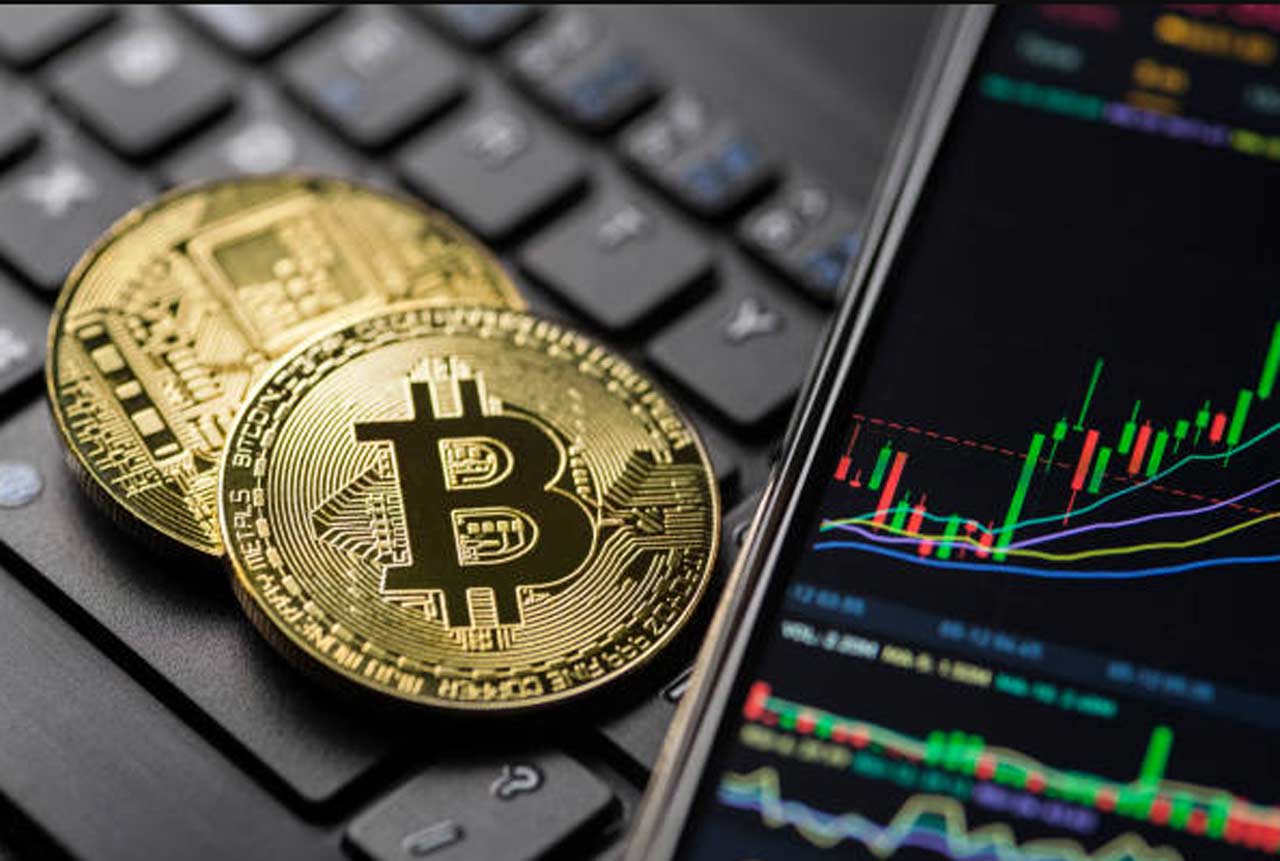
As Bitcoin’s dominance in the cryptocurrency market wanes, investors are turning their attention to decentralized finance (DeFi) projects. This shift in investor interest highlights the growing importance of DeFi in the cryptocurrency ecosystem. With the landscape of digital finance rapidly changing, Immediate Trend Pro provides the educational resources traders need to adapt and thrive in the DeFi sector.
Understanding DeFi
Decentralized Finance (DeFi) represents a paradigm shift in the financial landscape, presenting a decentralized alternative to standard banking and financial services. At its center, DeFi leverages the blockchain era to enable the peer-to-peer trade of economic products and services without the need for intermediaries. This allows users to get entry to a wide variety of financial contraptions, such as lending, borrowing, and buying and selling, directly from their digital wallets. Unlike conventional finance, which is predicated on centralized institutions, DeFi operates on a decentralized network of clever contracts, making sure transparency and security.
One of the key features of DeFi is its open and permissionless nature, which means that every person with a web connection can get admission to and participate within the DeFi atmosphere. This has led to a surge in interest from both retail and institutional traders looking to capitalize on the capability of DeFi. Additionally, DeFi gives customers more control over their price range, as they’re no longer reliant on 1/3 events to execute transactions. This has the capability to democratize finance and offer financial services to underserved groups around the world.
Bitcoin Dominance and Market Trends
Bitcoin dominance refers to the share of the overall cryptocurrency market capitalization that is accounted for through Bitcoin. Historically, Bitcoin has been the dominant cryptocurrency, often comprising over 50% of the total market capitalization. However, in recent years, Bitcoin’s dominance has been on the decline, as investors increasingly diversify their portfolios into opportunity cryptocurrencies, which includes DeFi tokens. This trend is indicative of a broader shift within the marketplace, as investors seek publicity to new and progressive blockchain projects.
The decline in Bitcoin dominance may be attributed to numerous factors, including the upward push of DeFi projects, which offer traders new possibilities for yield era and asset control. Additionally, the developing hobby in non-fungible tokens (NFTs) and other blockchain-based property has contributed to the diversification of the cryptocurrency marketplace. As a result, Bitcoin’s dominance has reduced, however its absolute value has persisted to grow, reflecting the overall increase of the cryptocurrency marketplace.
Factors Driving the Shift
The shift in investor interest from Bitcoin to DeFi initiatives may be attributed to several key factors. Firstly, DeFi gives traders the capacity for higher returns compared to traditional investments. By taking part in DeFi protocols which include lending and liquidity provision, traders can earn hobby charges which are regularly better than the ones provided via traditional banks. This has attracted a brand new wave of traders trying to capitalize at the rewarding possibilities offered with the aid of DeFi.
Secondly, the increasing accessibility of DeFi systems has made it less difficult for investors to participate in the DeFi environment. Unlike traditional financial services, which regularly require vast office work and approval methods, DeFi platforms can be accessed with just a few clicks. This has diminished the barrier to access for retail traders, allowing them to take advantage of DeFi’s capability for excessive returns.
Benefits of Investing in DeFi
Investing in DeFi gives numerous key advantages for traders seeking to diversify their portfolios and capitalize on the capability of blockchain technology. One of the number one benefits of DeFi is the ability for better yields in comparison to standard investments. DeFi protocols often offer attractive hobby rates for lending and liquidity provision, permitting traders to earn passive earnings on their crypto property. Additionally, DeFi investments are not difficult to the same restrictions and barriers as traditional investments, giving investors greater flexibility and manage over their budget.
Another key advantage of making an investment in DeFi is the capability to access an extensive variety of monetary offerings without the need for intermediaries. DeFi platforms permit customers to borrow, lend, change, and invest in a decentralized way, decreasing the reliance on centralized financial establishments. This can lead to lower charges and quicker transaction instances, in addition to elevated privacy and security for users. Additionally, DeFi platforms are handy to all and sundry with an internet connection, providing financial offerings to underserved communities around the arena.
Challenges and Risks
While DeFi gives interesting possibilities for buyers, it also comes with a unique set of demanding situations and risks. One of the primary challenges facing DeFi is the shortage of law. Unlike conventional financial establishments, which can be concerned with strict regulatory oversight, many DeFi initiatives operate in a regulatory gray area. This can lead to uncertainty for buyers and ability to resolve prison troubles for DeFi tasks.
Another challenge is the potential for clever settlement vulnerabilities. DeFi platforms rely upon smart contracts to execute transactions without the need for intermediaries. However, those clever contracts are not proof against insects or vulnerabilities, which may be exploited through malicious actors to scouse borrow budgets. This threat is compounded by the reality that many DeFi tasks are open-supply, which means that everyone can evaluate and probably exploit the code.
Conclusion:
In conclusion, the shift in investor interest from Bitcoin to DeFi projects underscores the changing dynamics of the cryptocurrency market. While Bitcoin remains a key player, DeFi offers investors new opportunities for yield generation and asset management. As DeFi continues to evolve, it is likely to play an increasingly important role in the future of finance.







